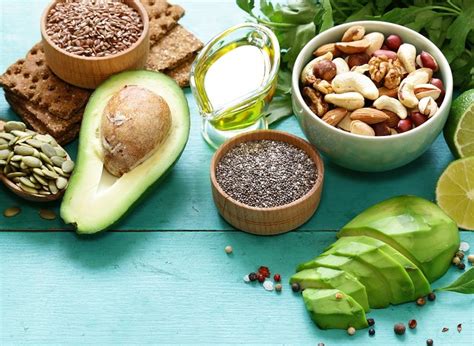For men aiming to build muscle, boost energy, and maintain overall health, proper nutrition is paramount. However, eating well doesn’t have to drain your wallet. With smart choices and a little planning, you can fuel your body effectively without sacrificing your budget. This guide will highlight the top budget-friendly foods that pack a punch for energy and muscle growth.
The Power of Protein on a Budget
Protein is the cornerstone of muscle repair and growth, and luckily, many excellent sources are highly affordable. Prioritizing these can significantly impact your fitness goals.
- Eggs: Often called nature’s multivitamin, eggs are incredibly versatile and packed with high-quality protein, essential amino acids, and vital nutrients like choline. They’re perfect for any meal.
- Chicken Thighs/Drumsticks: While chicken breast is popular, thighs and drumsticks are cheaper, more flavorful, and still offer a substantial protein punch. They’re also great for various cooking methods.
- Canned Tuna/Salmon: A super convenient and inexpensive source of lean protein and omega-3 fatty acids. Perfect for quick lunches, salads, or mixed with whole-wheat pasta.
- Lentils and Beans: These legumes are nutritional powerhouses. Rich in plant-based protein, fiber, and essential minerals, they are incredibly cheap when bought dried and can be used in stews, soups, and curries.
- Greek Yogurt: Opt for plain, unsweetened Greek yogurt. It’s high in protein and probiotics, beneficial for gut health. Look for larger tubs for better value.

Carbs for Sustained Energy
Complex carbohydrates are crucial for providing the sustained energy needed for workouts and daily activities. They also help spare protein for muscle repair.
- Oats: Inexpensive, versatile, and a fantastic source of soluble fiber, which helps with satiety and blood sugar regulation. Great for breakfast or as a pre-workout meal.
- Brown Rice: A staple complex carbohydrate that provides sustained energy. Buying in bulk bags makes it very cost-effective.
- Potatoes (Sweet and White): Both types are excellent sources of complex carbs, vitamins, and minerals. Sweet potatoes offer beta-carotene, while white potatoes are rich in potassium.
- Whole-Wheat Pasta/Bread: Opt for whole-grain versions for more fiber and nutrients. They are budget-friendly and form a great base for many meals.
Healthy Fats: Don’t Skip Them!
Healthy fats are essential for hormone production, nutrient absorption, and overall cell function. Don’t be afraid to include them in your diet, even on a budget.
- Peanut Butter: Look for natural peanut butter with minimal added sugar and oils. It’s a great source of healthy fats, protein, and makes for a filling snack.
- Olive Oil: While not the cheapest upfront, a good quality olive oil goes a long way for cooking and dressing salads.
- Nuts and Seeds (bought in bulk): While a small bag can be pricey, buying larger quantities of seeds like chia or flax, or nuts like almonds or walnuts, can be more economical and provide healthy fats, fiber, and protein.

Vitamins, Minerals, and Fiber: The Supporting Cast
While protein and carbs get the spotlight, a rich array of vitamins, minerals, and fiber from fruits and vegetables is vital for overall health, recovery, and energy levels.
- Frozen Vegetables: Often cheaper than fresh and just as nutritious (sometimes more so, as they’re picked at peak ripeness). Stock up on broccoli, spinach, mixed vegetables, and peas.
- Bananas: An excellent source of quick energy, potassium, and easy on the wallet.
- Apples: Another affordable fruit packed with fiber and antioxidants.
- Seasonal Produce: Buying fruits and vegetables when they are in season can significantly reduce costs.

Smart Shopping and Meal Prep Strategies
Maximizing your budget means more than just choosing the right foods; it’s also about smart consumption habits.
- Buy in Bulk: Non-perishable items like rice, oats, dried beans, and canned goods are often cheaper when purchased in larger quantities.
- Plan Your Meals: Create a weekly meal plan and grocery list. This prevents impulse buys and food waste.
- Cook at Home: Eating out, even at fast-food restaurants, is almost always more expensive and less nutritious than home-cooked meals.
- Utilize Sales: Keep an eye on weekly flyers and stock up on items when they’re on sale.
- Batch Cook: Prepare large quantities of meals like chili, stews, or grilled chicken at the beginning of the week. This saves time and ensures healthy options are always available.

Conclusion
Building muscle and maintaining high energy levels on a budget is entirely achievable for men. By focusing on nutrient-dense, affordable staples like eggs, chicken, legumes, whole grains, and frozen produce, you can fuel your body optimally without overspending. Combine these food choices with smart shopping and meal prep strategies, and you’ll be well on your way to achieving your fitness and health goals economically.




